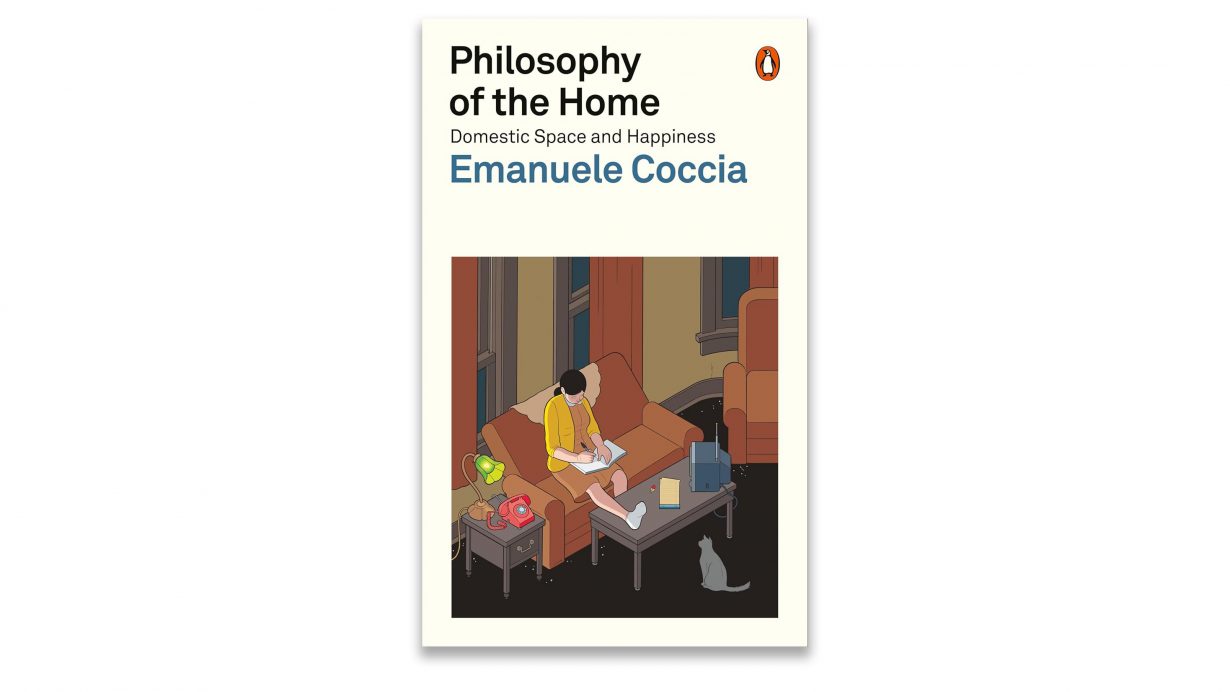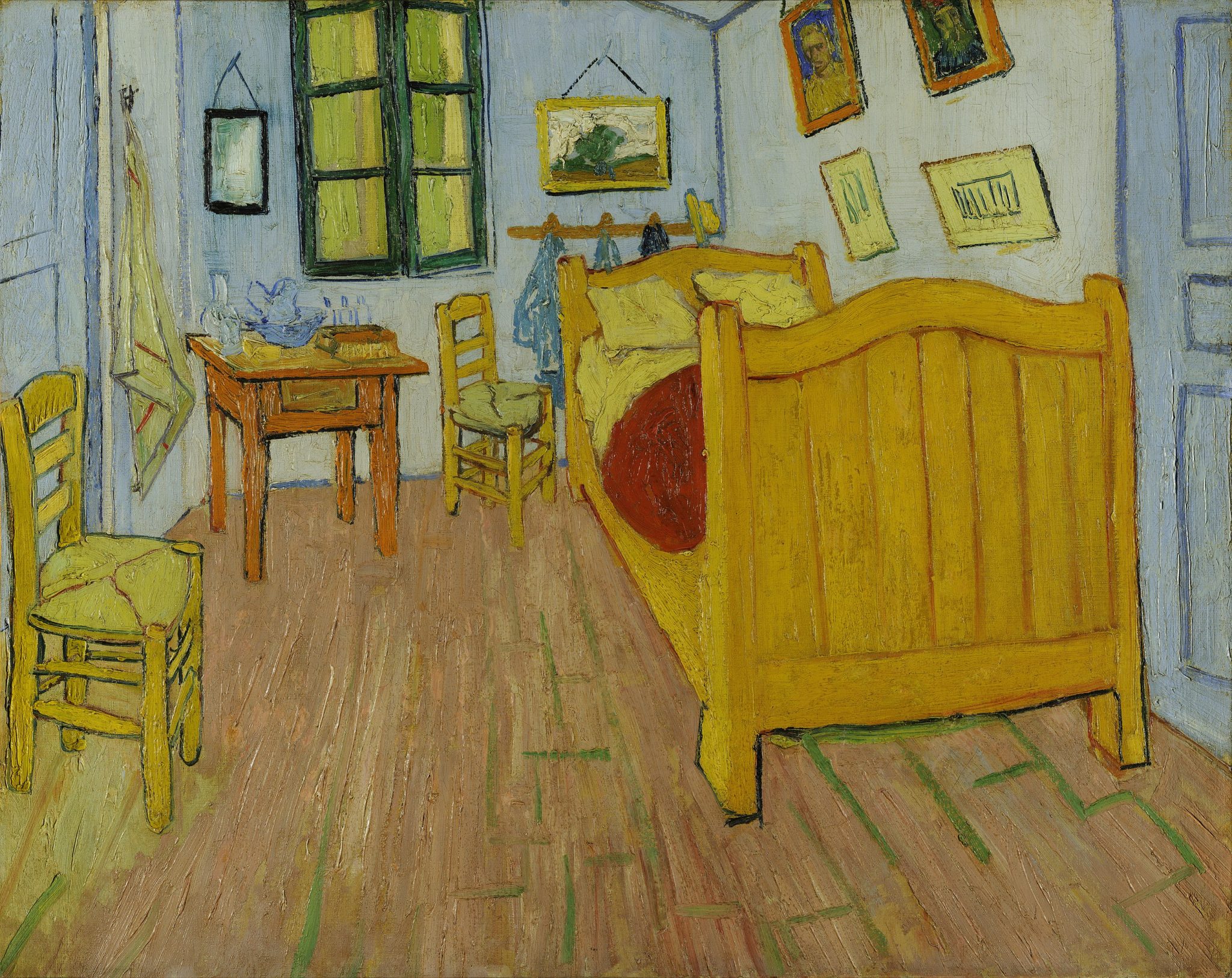Are our infinitely penetrable Swiss-cheese shelters the best we can hope for?
My friend Sabine used to rent her apartment to a musician who once asked if he could move the bathtub to the middle of the living room. If the owner had been the philosopher Emanuele Coccia, the musician might now be having a sociable soak in front of the fire, among books and cushions and friends. Better that, Coccia thinks, than to bathe in a sanitary closet of tiles and tub where, behind locked door, we conventionally scrub our bits, probably fondle them and likely first gave them real thought. The bathroom – private, privates – is where our formative eroticism almost, or tragically, parted ways with convivial pleasures. But if they interchanged with living rooms, it might, Coccia writes, ‘free gender… free homes from the logic of confinement that every bathroom embodies… making it the space in which each body intersects with other bodies, and is intersected by them’.
There is a lot of intersection in this book. And penetration. Mostly from a normalising state and numbing capitalism. They have bored straight through us in this waning capitalist era and turned us into submissive, abused, dissatisfied, homogeneous beings. In Philosophy of the Home, Coccia walks us through our late-capitalist predicament, going from room to room. His short book takes on the insubstantialities of identity, equality and the ‘soul of the world’ through the infinitely more graspable entity of our homes sweet homes.
But how sweet, really, is home? After all, it is the last redoubt of the tyrant head of household and his violence, a topic Coccia does not touch. What he does discuss in his manifesto is home as a private, protected shell within which we concoct ourselves and to which we repair from the stings and blows of state, society and market capitalism. But, practically speaking, our homes can no longer defend us from the external world: they are too networked into television, telephone, the post, the internet, the internet of things! Are our infinitely penetrable Swiss-cheese shelters the best we can hope for?

Coccia does not rebuff or mourn Home – other than its bathrooms – but recasts it as the alembic of our best selves. In loving the family dog we become capable of animism. In the seconds before we fully wake up under the duvet we glimpse an ongoing greater-than-us consciousness. In fabricating our identities, our souls leak out into our bric-à-brac and circulate. The kitchen symbolises love and transubstantiation ‘in which the dividing lines between things and people are suspended and the contrast between humans and non-humans is inverted into a joyous fusion’.
Coccia’s home blenderises its occupants, objects and influences, and lobs them into the ‘soul of the world’. This is the mighty river of the collective psyche in which swim the selves and souls inhabiting the ceramic pores of our vases and the woollen strands of cardigans that have strayed beyond our home walls, taking us with them. It is the flowing connected self-consciousnesses stream-fed by our autofictional TikTok videos and Instagram posts. Coccia’s book is packaged as musings about the home, but really it is a paean to the hyperreality producing ‘factory of reality’ that is social media. Coccia enthuses that, together, we are grinding out the great ‘collective, open-ended novel’. To those who fret about our penetrations, Coccia rhapsodises about the ‘psychomorphic machines’ of our networked human existence that are dynamiting the home as we know it, and collapsing selves, homes, consciousnesses, realities, into one big pie in the sky. ‘The home has lost all spatial and geographic determination’, he intones, ‘and has assumed planetary dimensions.’ Coccia would have that this is life’s next big step, vaulting us to dizzying heights of psychic collectivity. But the utter confounding of internal and external Coccia maps out in Google-Earthing home straight to planet may relieve us of ever having to go out our front doors again. And what good does that do us?
Philosophy of the Home by Emanuele Coccia. Penguin, £10.99 (softcover)
